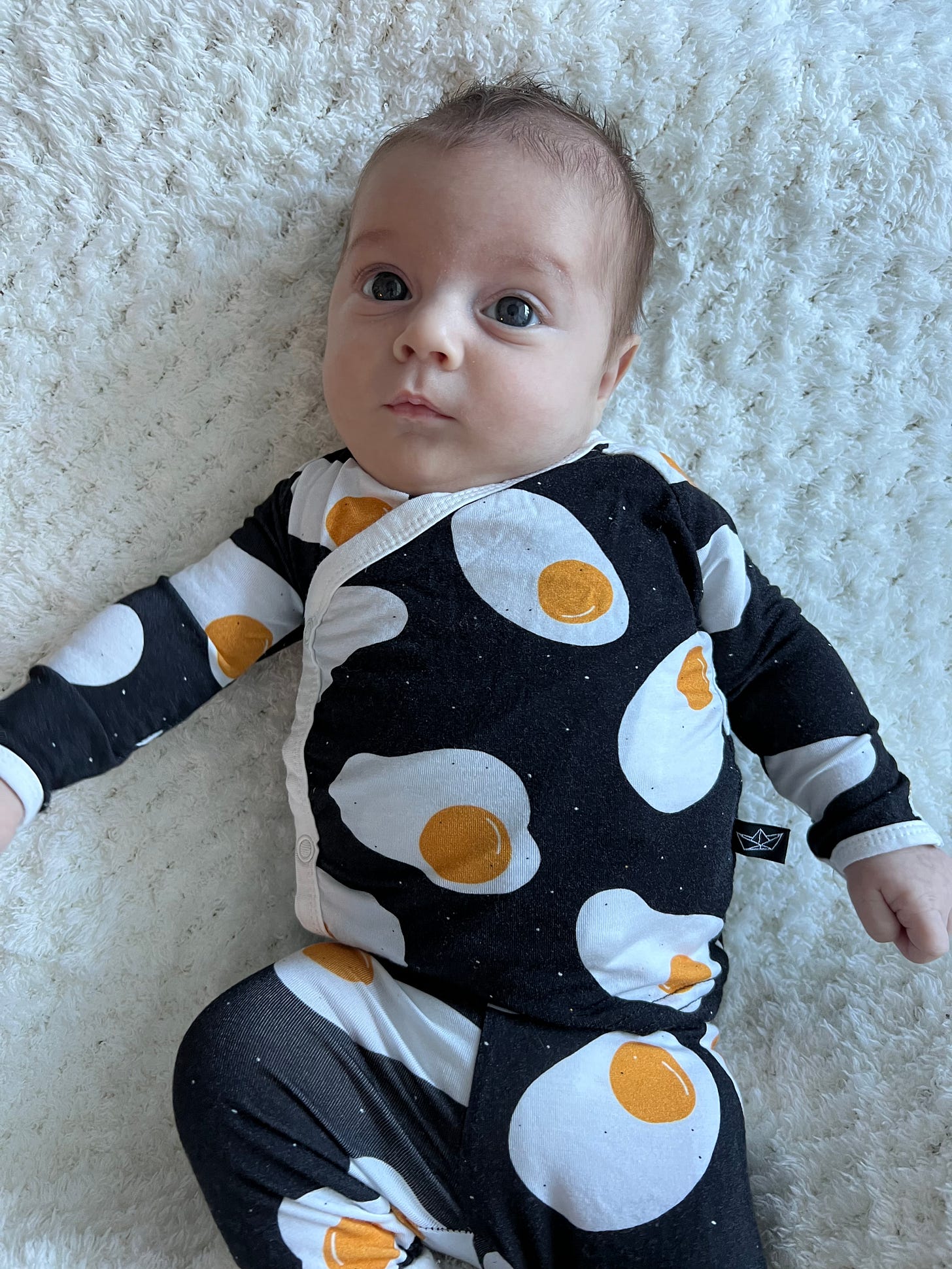Always be prepared is a well-known aphorism. But, be prepared for what, exactly? For the expected? For the unexpected? And how, if at all, can we prepare for the unexpected?
The idea of being confronted by the unexpected has been dogging me these past couple of months.
In November, our granddaughter was born - an event we had keenly anticipated. But her arrival went decidedly not to plan and was followed by a two-week stay in the NICU. (She’s fine now!)
Then, at Christmas, we rented an apartment in New York to host our daughters, son-in-law, and baby for Christmas Eve dinner, only to arrive and discover that the “fully equipped kitchen” had no oven (or microwave or toaster oven) and that the roomy dining table for 6 pictured in the airbnb listing had been replaced by a set of small stacking end tables.
And a few weeks ago, I completed a set of interviews designed to understand how building professionals thought about a particular issue, only to find that they didn’t really think about it at all.
What does one do in the face of unexpected challenge or change of course?
In all of the examples above, prior planning for the expected actually helped us navigate the unforeseen. In fact, the act of planning itself may well have laid the groundwork for better adaptability.
A birth plan allowed my daughter and her spouse to imagine the ideal but also consider - however briefly - the potential for their experience to depart from it. Purchasing Christmas Eve dinner pre-cooked acknowledged that this would be a different holiday dining experience than we were used to, but also gave us needed flexibility when it came to heating and preparing. And a discussion guide was adapted on the fly to explore reactions to ideas for educating professionals and their customers about the issue in question.
So what’s the lesson here? Planning is helpful, and even more so when it is accompanied by an openness to the unexpected. This openness makes us better researchers, and also, better humans.
What questions are nagging you these days? What issues do you need to explore? What possibilities lie outside your hypotheses? I’d love to help you think about applying qualitative research in an open, searching way.
For more on dealing with the expected and unexpected, consider reading:
Wintering: The Power of Rest and Retreat in Difficult Times, by Katherine May, in which May talks about thriving through both seasonal and personal “winters.”
The Wall, a novel written in 1963 by Marlen Haushofer, about a woman who awakens to find herself separated from the rest of the world by an invisible wall.



